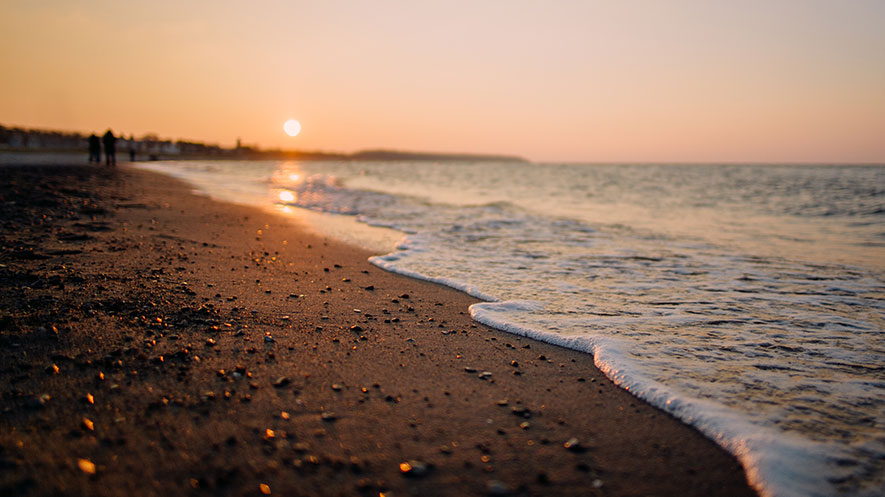Ten years after the Baltic Sea Action Plan was adopted, the recovery of the Baltic Sea remains slow – and in some cases it is even declining. On March 5, WWF released “The Baltic Sea Scorecard 2018”, a report revealing that the Baltic Sea coastal countries are failing to deliver on their commitments for a healthy Baltic Sea by 2021 and show little indication that this will improve.
The WWF Baltic Sea Scorecard 2018 assesses the progress made by the nine countries that signed the HELCOM Convention (on the Protection of the Marine Environment of the Baltic Sea) towards their commitments in the Baltic Sea Action Plan, the most important agreement to protect and restore the Baltic marine environment.
The results of the WWF Baltic Sea Scorecard show insufficient progress in all EU countries across all the themes addressed in the Action Plan – ranging from exposure to hazardous substances to the protection of marine biodiversity.
The scorecard shows significant differences in the implementation of the Action Plan between the top ranked EU country (Sweden) and the lowest one (Latvia). However, no one country stands out as having taken their obligation to improve the health of the Baltic Sea seriously, indicating that none of the Baltic countries will deliver on the agreed commitments.
“The HELCOM Convention to protect the marine environment in the Baltic Sea is an excellent example of EU regional collaboration with neighboring countries under one shared Action Plan” said Samantha Burgess, Head of Marine Policy, WWF European Policy Office. “However, The Baltic Sea is not on track to deliver good environmental status and is impacted from numerous pressures, including pesticides and waste produced on land. If Baltic Sea countries do not accelerate their implementation of the Action Plan, we will fail to meet the objectives we have set for 2021 and marine biodiversity in the region will continue to decline.”
Many countries border the Baltic Sea, so joint action is urgently needed, in particular for issues such as oil spill response or management of shared fish stocks. With only three years to go to the goal line of 2021, Baltic Sea region countries face a massive common challenge - and a shared responsibility to restore the good environmental health of the Baltic and improve its performance as an economic resource.





